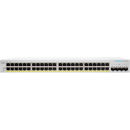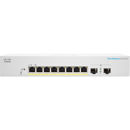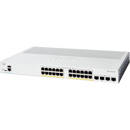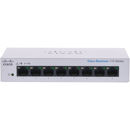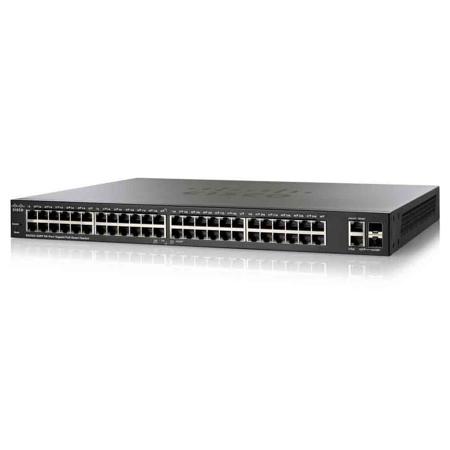
Cisco SG200-50FP 50-Port 10/100/1000 Gigabit PoE Smart Switch, 375W Power Budget
SKU: CISG20050FPN
This item is no longer available.
Recommended Alternatives
Share:
Overview
Compare
Specs
Protection
Reviews about this item
Review Summary
Cisco SG200-50FP Specifications
About Cisco SG200-50FP
Build a Powerful, Easy-to-Use Basic Business Network at an Affordable Price
The key to succeeding in today's competitive business environment is investing resources wisely - knowing how to separate the essential from the extraneous and get the most value for your dollar. As the backbone of your business and productivity applications, the small business network clearly falls into the "essential" category. But that doesn't mean you need the most advanced feature set on the market.
With Cisco 200 Series Smart Switches, you can achieve business-class network security and performance without paying for advanced network management features that you will not need. When you need a reliable solution to share network resources and connect computers, printers and servers, but low cost is a top priority, Cisco 200 Series Smart Switches provide the ideal solution.
What's in the box:
- Cisco SG200-50FP 50-Port 10/100/1000 Gigabit PoE Smart Switch
- Power Cord
- Mounting Hardware
- Quick Start Guide
- Cisco Lifetime Limited Warranty
